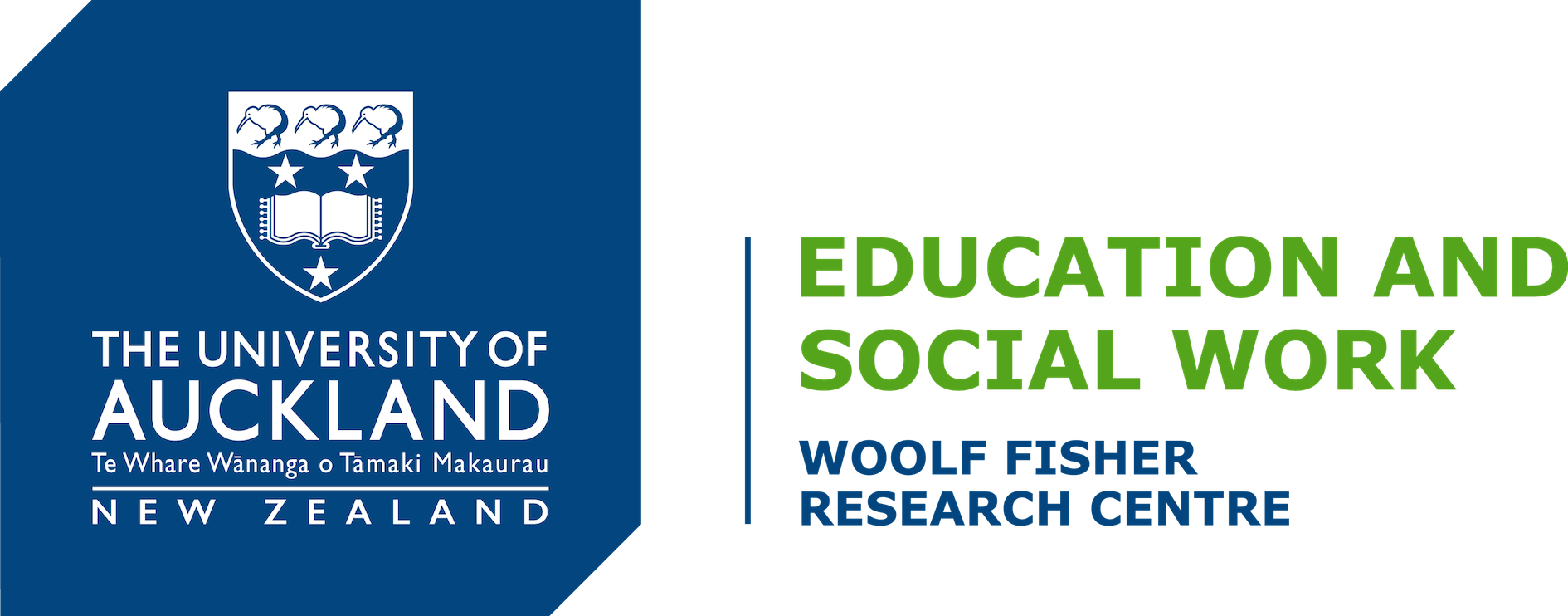Research and development overview
At the beginning and end of each year, we collect achievement data from our schools and twice during the year it is presented back to the school clusters. We analyse patterns of teaching and learning in 1-1 digital environments through classroom observations once per year; we analyse perceptions of teachers and leaders through questionnaires; and we conduct detailed case studies of “promising practices” — that is to say, practices that are effective in digital learning environments.
However, the evidence that we consider is not just related to student achievement. We are interested in achievement as a valued student outcome, but we also consider student engagement, digital citizenship, and a range of features of children’s learning. We are interested in the nature of pedagogy through observations. We use a range of evidence to try to understand from all sorts of perspectives — student voice, teacher voice, principal’s voice, and so on.
When looking at the evidence, we ask the question: Is children’s achievement being impacted? We ask this at various levels:
- The cluster level. Are we making a difference to all children, irrespective of what school they are at, when they started, or what year level they are?
- The school level. Is the school making a difference? What is the variability between schools?
- The classroom level. Have we got classes that are able to accelerate learning? How did they do this?
- The individual child level. What has happened for this child, in this class or context, and why?
To see a sample of the type of reports we provide to schools, click on the image to the right. To read more about our policy and procedures, visit the research and development page of the Manaiakalani Outreach website.



